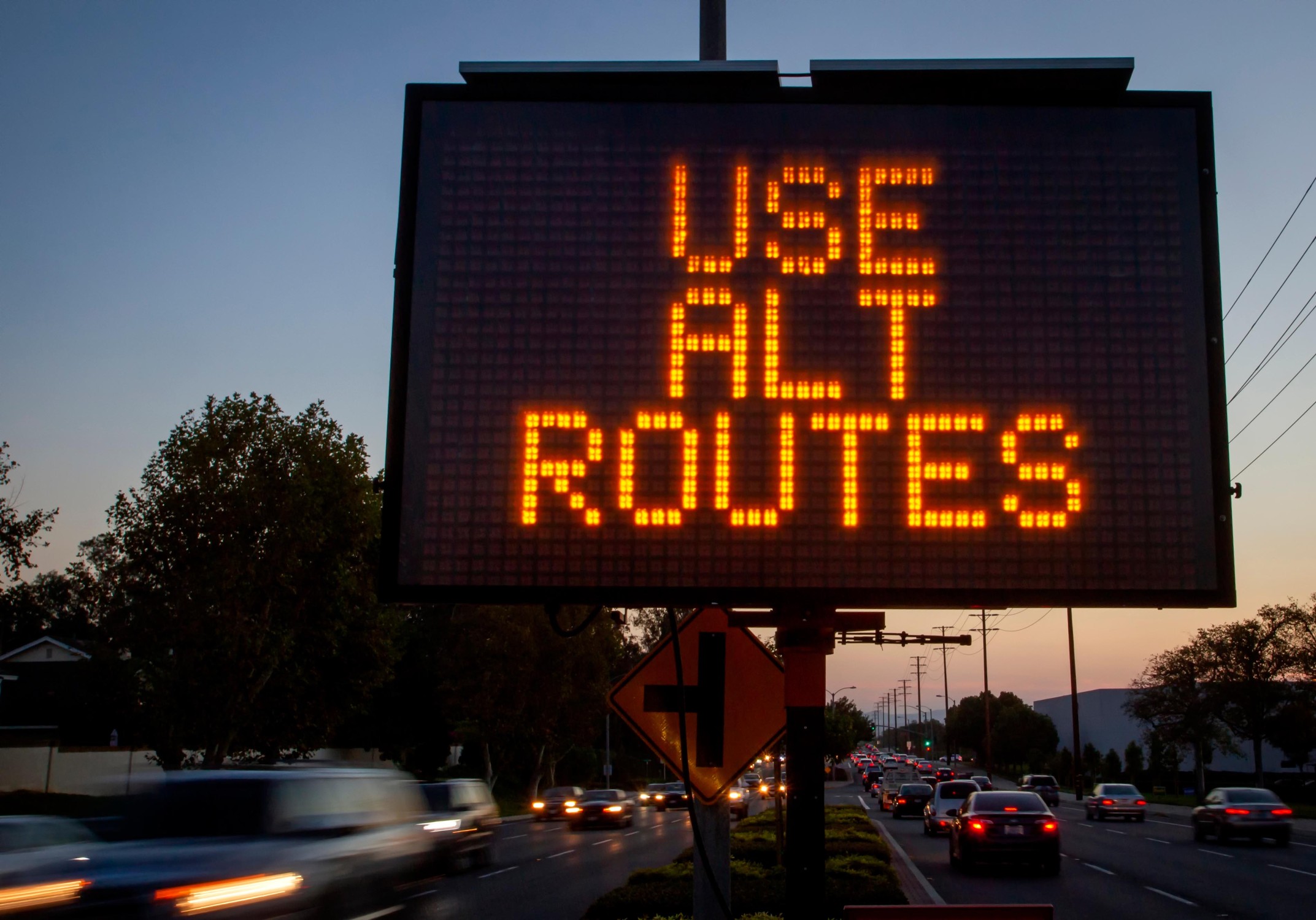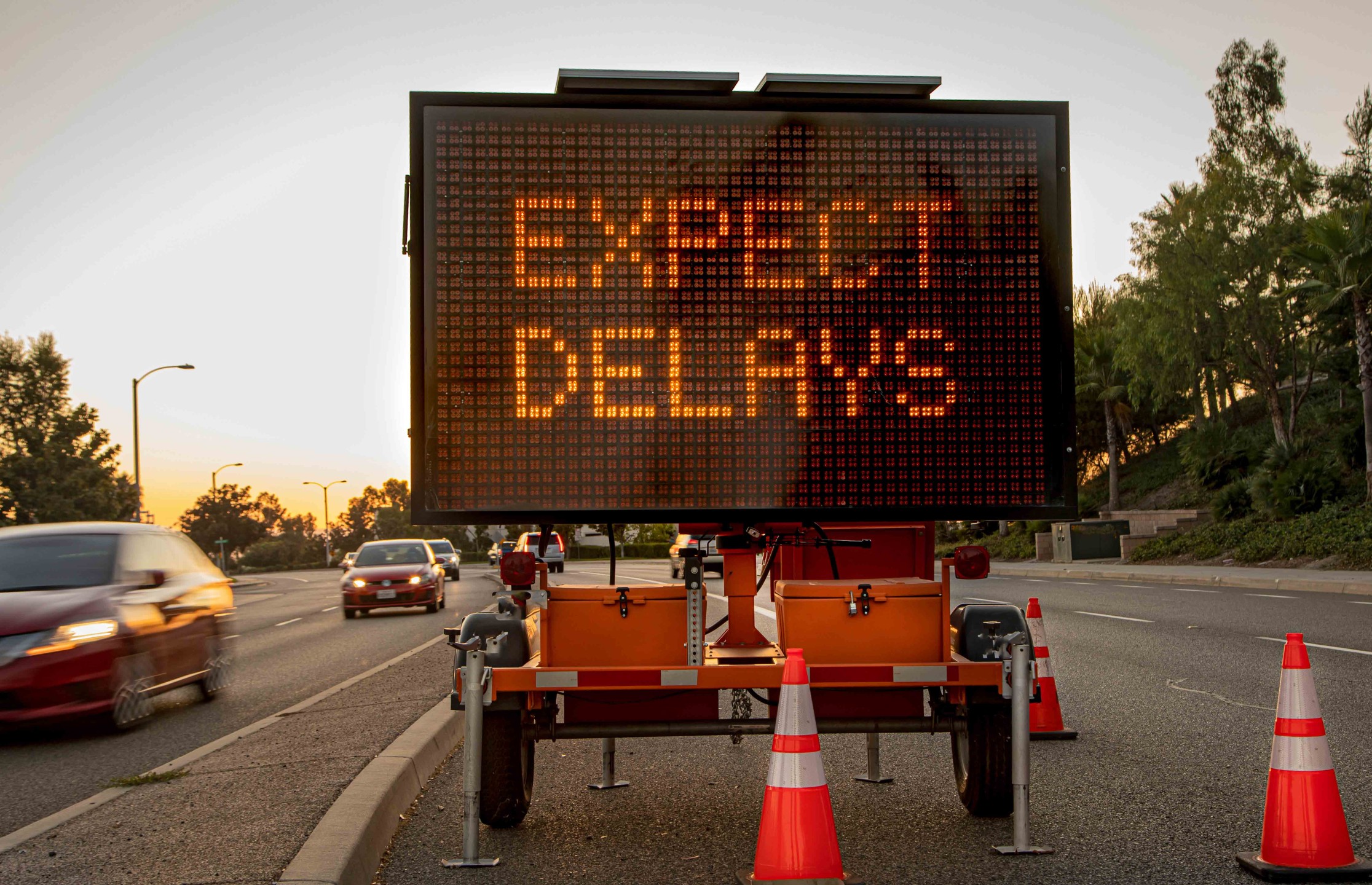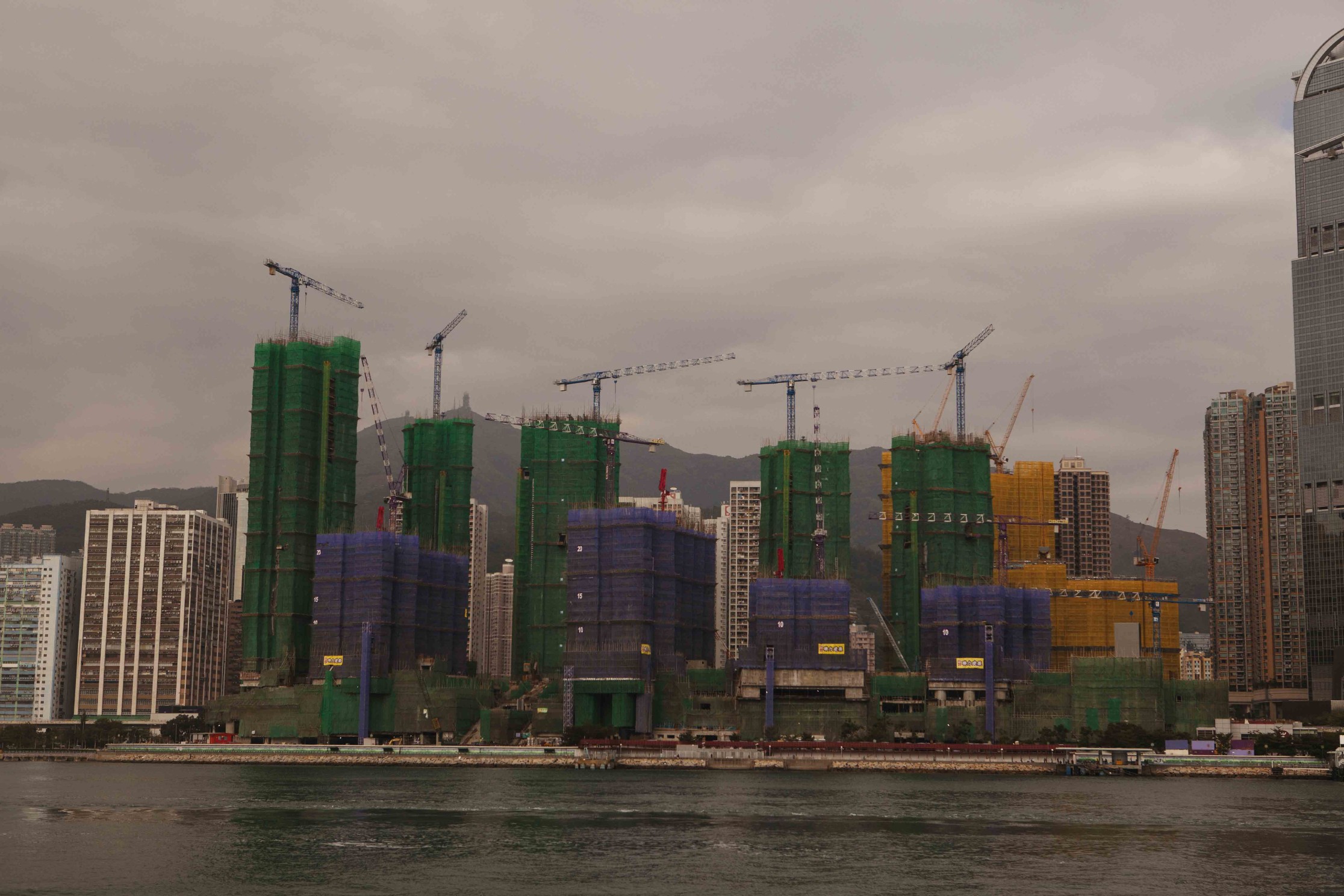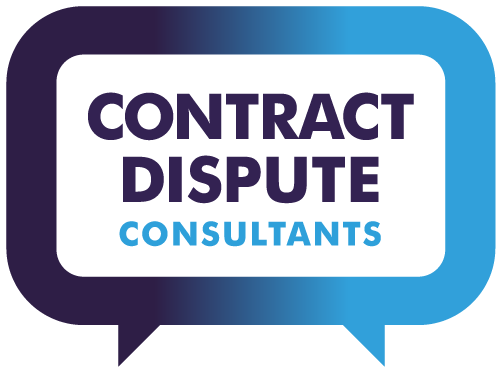COVID-19 Contractual Routes and Strategies for Hong Kong and International Contractors
In our previous article in April, we discussed the difficulties of recovering an extension of time and additional cost for COVID-19 related delays under the Hong Kong General Conditions, the MTR general conditions and Hong Kong Airport Authority conditions. As the effects of the pandemic continue to affect projects around the world, we provide further guidance for contractors working under the Hong Kong Institute of Architects and NEC4 forms, and for those working on international contracts outside Hong Kong, the FIDIC Red Book 1999. Finally, we also consider pursuing claims for COVID as a consequential effect of earlier delays.
Hong Kong Institute of Architects Standard Form of Building Contract
Similar to other standard forms of contract, there are no specific provisions for dealing with the effects of a pandemic in the HKIA standard form of contract. The HKIA also contains no provisions for late government approvals or government enactments. However, there are other potential routes for a contractor seeking recovery of time and/or cost.
Force Majeure
Under clause 23(a), the Contractor is entitled to claim for an extension of time (but not the recovery of costs) for force majeure. Whereas some contract forms define the force majeure events (e.g, war, strike, riot, epidemic, and so forth), the HKIA standard form has no such limitations on the definition of force majeure so we consider that the COVID pandemic would likely fall within the scope. Parties should obviously check the wording of their particular force majeure clause for any amendments which may limit the potential scope for recovery. However, a force majeure claim is not a silver bullet and the threshold for demonstration is relatively high.

The general principles for invoking the force majeure clause are that:
- The impediment was beyond the reasonable control of either party;
- It could not have reasonably been foreseen by either party at the time of entering into the contract;
- Neither the impediment nor the consequences could have been avoided or mitigated by the non-performing parties; and
- Whether performance of the contract has been truly prevented rather than merely being rendered more expensive.
On the face of it, we consider that the first two principles would be met by the unprecedented nature of the COVID-19 impacts on world travel and trade and their knock-on impacts on worldwide supply chains. However, depending on the specific nature of the impact on the works, the third principle may be the more difficult to satisfy. If a site has been suspended by the inability to work due to imported labour or materials being unavailable due to wholesale border closures, then this may be relatively easier to substantiate.
However, where sites have been able to proceed (albeit perhaps with lower productivity) then the third leg would make substantiating a force majeure claim more difficult. More importantly, the final principle of the performance being truly prevented demonstrates the high threshold for successfully pursuing a force majeure claim. Whilst often touted as an easy route to recovery, the reality is much more difficult. For this reason, force majeure claims need to be carefully considered before pursuing.
For this reason, as in our previous article we consider that there are other routes which may be both easier to demonstrate and where the threshold for success is lower.

Shortage of labour, materials and plant
The HKIA standard form provides for recovery of time (but not cost) where the Contractor encounters shortages of labour, goods and/or materials “as are essential to the proper carrying out of the works”. The shortages must be for reasons which are “beyond his control” and which “could not have been reasonably foreseen at the date of Contract”. However, whilst these clauses are standard, they must be specifically included in the Contract Specification or Contract Bills to have effect.

On the other hand, clause 23(g) provides for an extension of time for delay on the part of a Nominated Subcontractor or Nominated Supplier provided the Contractor has taken all practicable steps to avoid or reduce the delay. This clause could therefore be useful where NSCs are experiencing difficulty in performing their obligations due to COVID-19. If the Employer was required to supply the materials, then under clause 23 (h) and 24(d) the Contractor will be permitted to claim for both an extension of time and loss and expense. These latter clauses are included as standard and would therefore be available to the contractor subject to any special conditions.
Late Instructions
Similar to other standard forms, the Contractor can also claim an extension of time and additional costs (under 23(f) and 24(1)(a)) by reason of necessary instructions, drawings, details or levels not being received in due time wherein such delay arises from limited or remote working due to COVID social distancing requirement by the Architect.
Suspension of Works
Whilst we are unaware of any project in Hong Kong which has been suspended due to COVID19 by the Contract Administrator, should such a situation occur, clause 23(e) provides for an extension of time and recovery of loss and expense under 24(e) if such suspension or postponement was instructed by the Contract Administrator or Architect under Clause 11 and 21. That the suspension is instructed by the CA is crucial as we consider that if the contractor unilaterally suspends the works without such an instruction, there would be no recovery. This could put the contractor in the invidious position wherein if a COVID outbreak (or even a single case) occurs on his project and the CA refuses to suspend the works, he would likely be forced to suspend the works on health and safety grounds with little hope of recovery.
Determination by Main Contractor
Whilst we are currently unaware of any projects being suspended, it is worth noting that Clause 26 provides that should the works be suspended for a continuous period greater than or equal to that noted in the Contract Appendix due to force majeure, Architect’s instructions, or delay on the part of artists, tradesmen or others engaged by the Employer in executing work not forming part of the contract, then the Contractor may, having given notice to the Employer or Architect, determine the contract. In this event, under clause 23(a), the Contractor is entitled to claim for an extension of time, but not the recovery of costs.
NEC 4
The Engineering and Construction Contract (2017) contains no specific clause for dealing with a pandemic but provides several routes for recovery for an extension of time and additional cost. In the NEC 4 contract, whilst there is no specific Force Majeure provision, clause 60.1(19) provides for a compensable event scenario which would likely cover the COVID 19 pandemic:
“An event which:
· Stops the Contractor completing the whole of the Works or
· Stops the contractor completing the whole of the Works by the date for planned completion shown on the Accepted Programme
And which
· Neither Party could prevent,
· An experienced contractor would have judged at the Contract Date to have such a small chance of occurring that it would have been unreasonable to have allowed for it and
· Is not one of the other compensation events stated in the contract”
This clause could be used wherein shortages of labour, plant and materials are caused by COVID19 border restrictions, quarantine or social distancing requirements. However, compliance with the third and fourth leg are critical.



Compliance with the third leg could be achieved by:
1. The Contractor giving an early warning to the Project Manager at the time of the initial reports of COVID19 that this had a potential to delay Completion or meeting Key Dates and/or it had a potential to increase the total of the Prices.
2. Considering proposals to avoid or reduce the impact of COVID19 with the Project Manager during early warning meetings.
Compliance with the fourth leg could be achieved by showing that the accepted Programme does not include any time risk allowances dealing with the effects of a virus like COVID19.
Whilst the working of this clause suggests that COVID19 would constitute a justified compensation event (subject to the above caveats), as with all contracts, the Contractor must also ensure that he strictly follows the procedures in the contract for notification of the compensation event and gives the necessary early warnings.
Compensation Events Covering the Indirect Effects of COVID-19
Aside from the above compensation event clause, there are several other compensation events which may be used to deal with the indirect impacts of the COVID 19 pandemic depending on the events which have occurred on site. These include:
“60.1 (3) The Client does not provide something which it is to provide by the date shown on the Accepted Programme “
This could occur as a result of restrictions or requirements imposed as a result of the pandemic such as the border restrictions which prevented the importation of Employer provided materials.
“60.1 (4) The Project Manager gives an instruction to stop or not to start any work or to change a Key Date”.
This could occur in the case of social distancing requirements or health and safety concerns implemented as a result of the virus. Note that if the Contractor suspends or does not start work for these reasons without such an instruction, this will not be a compensation event.
“60.1 (5) The Client or others… do not work within the times shown on the Accepted Programme”.
This could occur if the Client or Others are unable to provide the labour they require to carry out their works as shown in the Accepted Programme as a result of quarantine requirements or importation restrictions on material or plant.
“60.1 (16) The Client does not provide materials, facilities and samples for tests and inspections as stated in the Scope
This could occur as a result of importation restrictions on the said materials or samples or if the labour required to comply with these requirements is not available as a result of quarantine requirements.
Government Enactments
The NEC4 core clauses do not cover changes to Government enactments or laws. However, the Government’s imposition of quarantine requirements, social distancing restrictions and importation restrictions could potentially constitute compensation events if ‘Option X2: Changes in the law’ was included in the contract.


“Option X2 – Changes in the law
X2.1 A change in the law of the country in which the Site is located is a compensation event if it occurs after the Contract Date. If the effect of a compensation event which is a change in the law is to reduce the total Defined Cost, the Prices are reduced.”
Termination
Under clause 91, either the Contractor or the Client have the ability to terminate the contract if either party can satisfy one or more of the reasons for the termination as provided under clause 91.1.
For the Contractor, reason R20 under Clause 91.6, is probably the only applicable clause in the context of COVID19. This requires that the Project Manager, after instructing the Contractor to stop or not start any substantial work or all works as a result of the virus, does not give an instruction to restart within 13 weeks. It is important to note that the clause also allows the Client to terminate the contract on the same basis.
FIDIC Redbook 1999
Our analysis up to this point has generally covered contracts which are prevalent in Hong Kong. Our final contract review may assist contractors operating on international projects under the FIDIC regime. Due to the unprecedented scale of the COVID impacts, FIDIC has itself issued a Guidance Memorandum covering commonly experienced COVID scenarios and potential routes and remedies. The Red Book has several contractual routes which may assist a contractor in recovering time and cost for COVID19 related events.
Exceptional Events
The general clause likely to be most useful is clause 18.1 for Exceptional events. Under this clause, the Contractor is entitled to claim for an extension of time and recovery of costs if the delaying event falls under the stated list of events :
Clause 18.1 states an “Exceptional Event” means an event or circumstance which:
- Is beyond a Party’s control;
- The Party could not reasonably have provided against before entering into the Contract;
- Having arisen, such Party could not reasonably have avoided or overcome; and
- Is not substantially attributable to the Other Party.
An Exceptional Event may comprise but is not limited to any of the following events or circumstances provided that conditions (i) to (v) above are satisfied.
- War, hostilities (whether war be declared or not), invasion, act of foreign enemies;
- Rebellion, terrorism, revolution, insurrection, military or usurped power, or civil war;
- Riot, commotion or disorder by persons other than the Contractor’s Personnel and other employees of the Contractor and Subcontractors.
- Encountering munitions of war, explosive materials, ionising radiation or contamination by radio-activity, except as may be attributable to the Contractor’s use of such munitions, explosives, radiation or radio-activity; or
- Natural catastrophes such as earthquake, tsunami, volcanic activity, hurricane or typhoon.
Whilst the clause does not specifically mention epidemic or pandemic, the inclusion of the wording “may comprise but is not limited to” in the definition of Exceptional Events is likely sufficient to enable COVID19 to fall within the definition of an Exceptional Event. Once satisfied that the event is covered by the clause, and subject to demonstrating that the effects could not have been avoided, the consequences (award of an extension of time and recovery of additional payments) can be assessed under Clause 18.4.
Shortage of labour, plant and materials
A significant impact of COVID19 for international projects may be the difficulties in securing labour, plant and materials across international borders where immigration and quarantine restrictions have been implemented. Under clause 8.5 (d), the Contractor is entitled to claim an extension of time (but not additional costs) for “Unforeseeable shortages in the availability of personnel or Goods caused by epidemic or governmental actions.”


Delays caused by the Authorities
Under clause 8.6 of the FIDIC Redbook, if the Contractor is delayed by the Authorities it is entitled to an extension of time (but likely no entitlement for additional costs unless specific provision is included in the contract). This clause could cover also cover delays to mobilisation of labour and materials but is subject to three conditions, namely:
- the Contractor has diligently followed the procedures laid down by the relevant legally constituted public authorities in the Country,
- these authorities delay or disrupt the Contractor’s work, and
- the delay or disruption was Unforeseeable
then this delay or disruption will be considered as a cause of delay under subparagraph (b) of Sub-Clause 8.5 [Extension of Time for Completion].
Contractors should ensure that any such procedures mentioned in (a) are strictly followed and keep such records to demonstrate the extent of delay disruption required by (b).
Adjustment for Changes in Laws
Under clause 13.6, the Contractor is entitled to the recovery of both time and associated costs as a result of changes to Government Enactments. The recent FIDIC Guidance Memorandum reminds contractors that “changes in law” has a broad definition covering “national parliamentary acts …down to very local levels, such as municipal orders”. Contractors should therefore ensure that the impacts of such directives are carefully monitored and recorded in order to ensure successful recovery.
Suspension of Works
As with the other contract forms that we have reviewed, the contractor can recover an extension of time and additional costs if a suspension of the works is ordered by the Engineer under clause 8.9. The instruction to suspend the works should state the date and cause of such suspension, following which the contractor can recover an extension of time and additional costs.
If the suspension continues for more than 84 days, the Contractor may request the Engineer’s permission to proceed. If the Engineer does not respond to such notice within 28 days, the Contractor may either agree to a further suspension (with associated time and cost recovery) or may give a Notice of Termination under Clause 16.2.
If such a suspension of substantially all the works extends for longer than a period 84 days (for an Exceptional Event) or for multiple periods which total more than 140 days due to the same Exceptional Event, then either party may give notice to terminate the Contract under 18.5.
Local Law
Finally, for FIDIC projects it is also worth considering whether it is possible to pursue a claim for COVID under local law, particularly in Civil Law jurisdictions, which may offer routes to recovery which are not available under the contract . It is recommended to take legal advice on such avenues.
Pre-existing Delay – An Option for all Contract Forms
One important option available to all contractors irrespective of the contract conditions is to check whether earlier Employer delays to the works have resulted in the project being pushed into a period affected by COVID. If for example, a project would have been, but for an earlier excusable delay, finished prior to the pandemic, then the contractor could potentially pursue the impacts of COVID as a consequential effect of the earlier delay event.


To succeed with such an argument a contractor would need to demonstrate that:
- The works or substantial portions of the works would originally have been completed prior to the pandemic. This could be demonstrated by reference to the original agreed baseline programme (or such revised agreed programme as is appropriate);
- That an earlier excusable delay (prior to the pandemic) caused the project to be delayed; and
- That such delay has meant the works, or sections of the work, are now being impacted by COVID.
Note that whether the contractor can recover time only or both and time and cost in such a scenario depends on the cause of the underlying pre-existing delay. If the earlier delay was caused by a neutral event (such as weather) providing time only relief, the subsequent COVID delays would also provide time only relief. As always, successfully pursuing such a strategy would depend on ensuring that earlier delays had been correctly notified, but also ensuring that the programming impacts of such delays had been carefully recorded.
Conclusion
Our last article looked at the challenges of claiming for COVID19 related events under the Hong Kong Government, MTR and Airport Authority conditions. The HKIA, NEC ECC and FIDIC Red Book 1999 standard forms are in some ways more forgiving.
The HKIA form provides a force majeure clause but the threshold for success is high. In particular, performance of the contractor’s obligations must be truly prevented rather than just being more expensive. Furthermore, the clause only gives relief for time and not for costs. Most projects in Hong Kong appear to have achieved some progress during the pandemic so a force majeure claim may not be the best route forwards. On the other hand, many projects will have suffered interruptions to labour, materials and goods and a claim for shortages of these essentials may be more appropriate and successful. Where the Employer was to supply materials and goods, recovery of both an extension of time and prolongation costs will be possible. Indirect claims for time only may also be possible for non-performance of NSCs and Nominated Suppliers as well as late instructions from the Architect (time and cost).


The NEC4 ECC provides recovery for an event which stops completion of the Whole of the Works subject to a test of foreseeability and the Contractor demonstrating that the event could not be mitigated. Such a clause would likely cover the COVID19 situation provided that a delay to the Whole of the Works could be demonstrated. Indirect effects such as late instructions, late provision of information and late provisions of materials could also be pursued. Inclusion of Option X2 in the contract terms would also provide a route for a Compensation Event for changes in law and government enactments.
Turning to international projects, the FIDIC Red Book provides time only relief for Exceptional Events (which COVID19 would likely meet), delays caused by the Authorities and shortages of labour, plant and materials where such shortages are not caused by the Contractor. However, contractors may prefer to pursue claims for changes in law which will provide recovery of both time and costs.
The concept of claiming COVID19 impacts as a consequential effect of earlier excusable delays is also available to contractors. Such a strategy requires that earlier delays have been correctly notified and that the delay impacts of those earlier delays have been carefully recorded and demonstrated.
Since our last update, Hong Kong has experienced and passed through a second wave of infections which led to a tightening of day to day activities especially for government departments. With limited local infections in the last two months, the impact of the COVID19 pandemic is now easing in Hong Kong. Internationally, the impact is likely to be ongoing for quite some time with uncertain outcomes for project progress and securing labour and materials across international borders. As always, contractors should check the specific wording of their contracts, ensure that the relevant claims are notified and that the necessary particulars are being updated and submitted in accordance with the contract.
The CDC team have continued working with our clients throughout the last four months assisting them on similar issues to those discussed in this paper. If your project needs assistance, please contact us.
